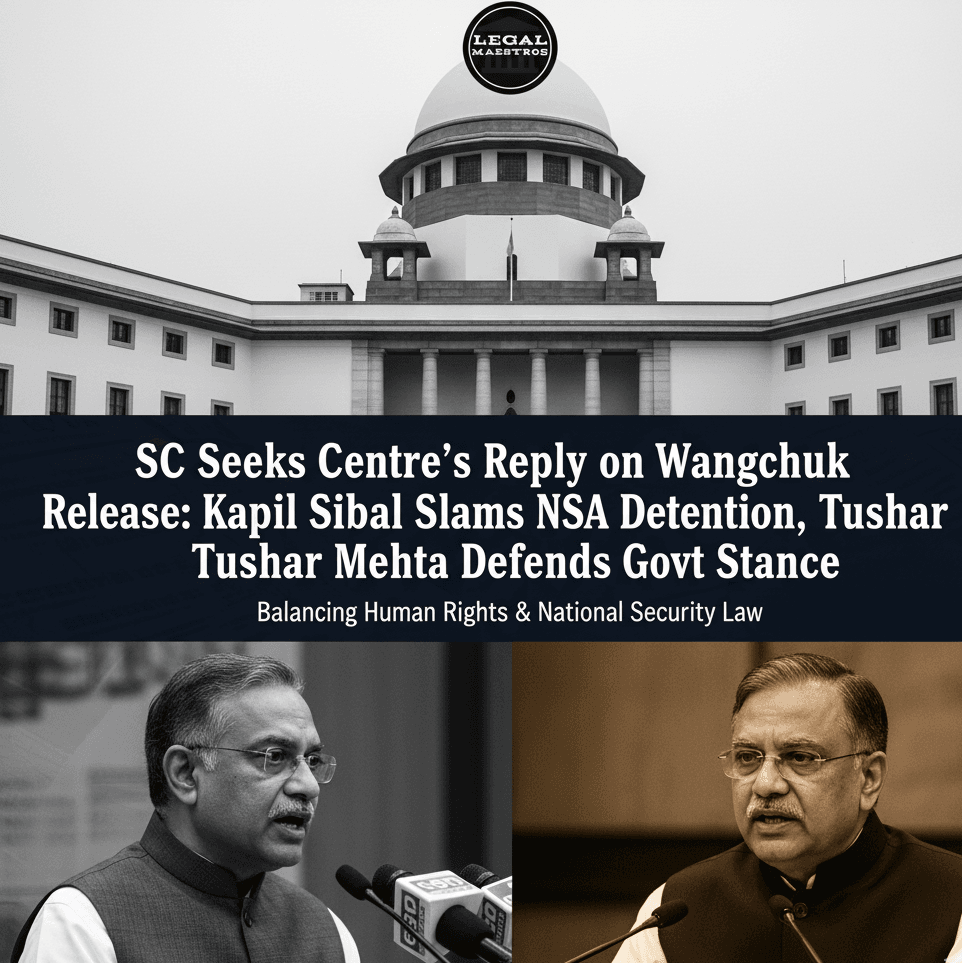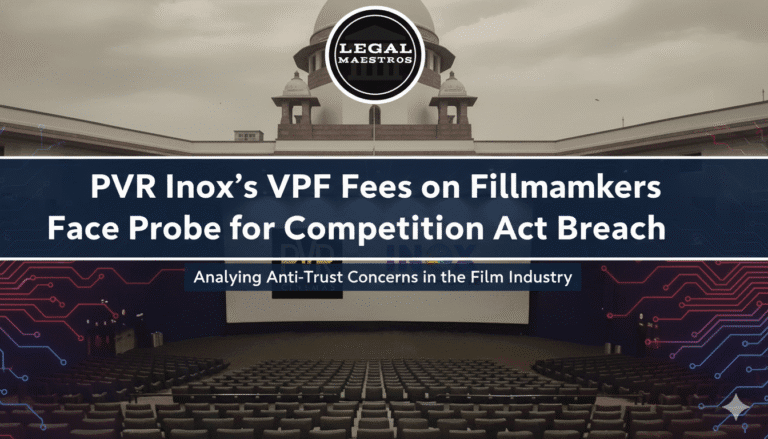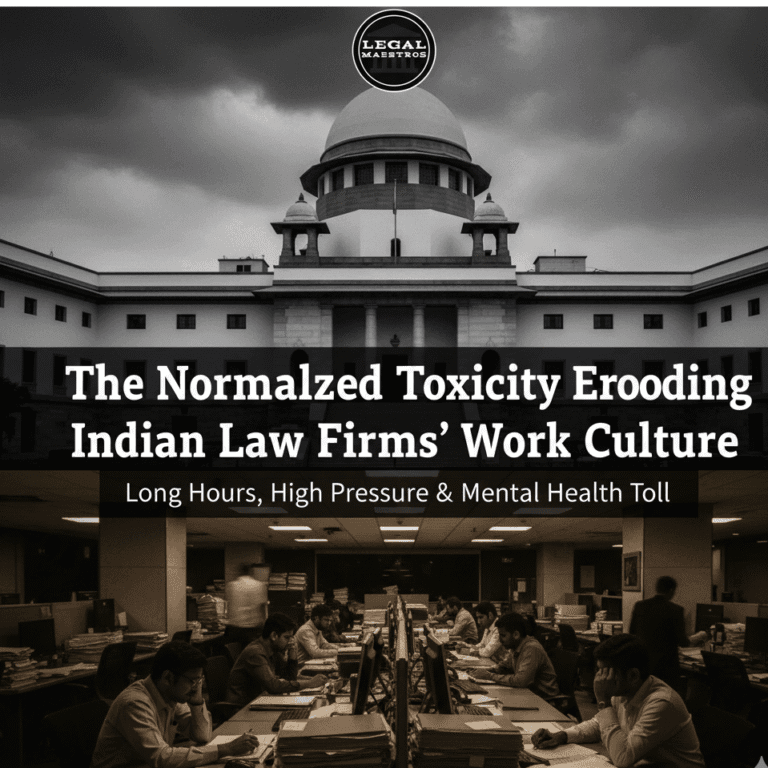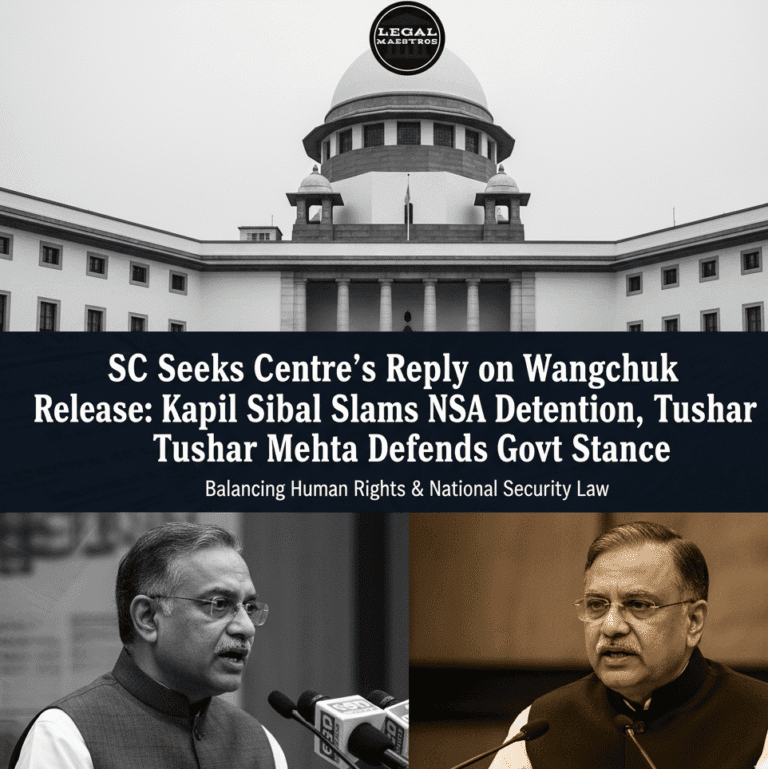
SC Seeks Centre's Reply on Wangchuk Release: Kapil Sibal Slams NSA Detention, Tushar Mehta Defends Govt Stance
A Petition to the Freedom Comes to the Supreme Court.
The supreme court of India has turned into the location where the serious debate concerning individual freedom and national security has taken place. The petition that the Supreme Court is looking into challenges the detention of Mubeen Ahmad Shah who is a businessman in Jammu and Kashmir under the controversial National Security Act (NSA). His son-in-law, Sonam Wangchuk presented the plea to the court in which he is petitioning that he be released immediately by a strong legal tool called writ of habeas corpus.
This case brings to fore the great human and legal aspects of preventive detention law in India. Habeas corpus petition is one of the essential rights that enable any individual to question his or her arrest by the state whereby the government is made to prove the legality of holding an individual. It is one of the pillars of personal freedom where people cannot be jailed without a good compelling reason that can be examined in a court of law. The fact that the court decided to listen to this issue stresses the fact that the court is the final enforcer of the Constitution.
The legal fight involves some of the most renowned lawyers in the country thereby making it even more important. The petitioner is being represented by Senior Advocate, Kapil Sibal, who is a veteran lawyer and ex-Union Minister and is famed with his strong arguments in constitutional issues. Defending the actions of the government is, on the other hand, Tushar Mehta, the Solicitor General of India. The case they gave in court can be characterized as two different opinions on the matter of government authority and the right of a person to freedom.
For any queries or to publish an article or post or advertisement on our platform, do call at +91 6377460764 or email us at contact@legalmaestros.com.
The core of the issue is the application of the law of the National Security Act, which permits the government to keep the person in months without any official accusation and trial in case the individual is considered a threat to the order or even national security. This petition claims that the arrest of Shah is unfair and random use of this power. The intervention by the Supreme Court is an indication that the case has some of the gravest questions that need to be addressed by the court with care and the government should have the opportunity to give an official response.
Kapil Sibal’s Challenge to Preventive Detention
At the court, Kapil Sibal went on the offensive as to the reasons why Mubeen Ahmad Shah should be detained. He claimed that the justifications given by the government were ambiguous, unfounded and could not pass the high bar that needed in order to invoke a law as draconian as the NSA. Sibal argued that the detention order was pegged on weak reasons and it failed to give any tangible evidence that Shah was indeed dangerous to the security of the country.
The arguments that Sibal presented were also centered on procedural flaws in the detention process. The law itself offers some protection to the detained individual as it gives him rights to know the purpose of his detention and to seek redress to such detention by an advisory board. By making this argument, Sibal must have believed that these procedural requirements were not met in principle, which is to deprive his client of a fair opportunity to appeal the decision of the executive and render the whole process therefore unfair.
For any queries or to publish an article or post or advertisement on our platform, do call at +91 6377460764 or email us at contact@legalmaestros.com.
Moreover, the senior advocate put the detention in the context of the larger politics of Jammu and Kashmir. According to him, the law was being employed to curb dissent and provide an atmosphere of fear, but not to deal with real threats to societal order. By connecting the case at hand to a bigger picture, Sibal was intending to demonstrate to the court that this was not just a isolated event but a general problem related to the abuse of the preventive detention laws in the region.
The central point of the plea presented by Sibal was the appeal to the basic values of liberty and justice provided in the Constitution. He pointed out that detaining a citizen without trial for a long duration is in contravention of the very concept of democratic society living under the rule of law. His submissions were aimed at convincing the bench that the ongoing arrest of Shah was a serious wrong that needed to be immediately corrected by a court of law.
The State’s Justification: National Security Concerns
As a rebuttal to the emphatic arguments by the petitioner, Solicitor General Tushar Mehta made the defence on behalf of the government. His major task was to persuade the court to the effect that the arrest of Mubeen Ahmad Shah was a justifiable and lawful action. The arguments made by Mehta were based on the fact that national security is paramount, particularly in a sensitive state as Jammu and Kashmir, which has been challenged in its own way over decades.
For any queries or to publish an article or post or advertisement on our platform, do call at +91 6377460764 or email us at contact@legalmaestros.com.
Mehta claimed that the arresting officers had done it under credible intelligence and a comprehensive evaluation of the circumstances. He claimed that the move to invoke the NSA did not come so easily but was critical to uphold social sanity and curb activities that may harm the state security. The government position is that preventive detention is an important instrument that enables the state to strike beforehand to avoid any threats that may arise before they become a reality.
In answering the procedural questions that were posed by Kapil Sibal, the Solicitor General argued that all the legal formalities were followed. He guaranteed the court that the detainee was given the reasons as to why he was detained and that the case had been reviewed and approved by the statutory advisory board as stipulated by the National Security Act. The side of the government is that it was operating under the confines of the law and it was acting within all the due procedures.
Finally, Mehta also managed to set the problem in a fine balance between the freedom of a person and the national security. He proposed that even though individual liberty is a valued right, it is not absolute, but it can be limited reasonably in the name of national security. The defense by the government was based on the fact that the state has sovereign responsibility of protecting its citizens and ensuring stability and in some cases, it might mean taking hard but necessary deterrent measures.
For any queries or to publish an article or post or advertisement on our platform, do call at +91 6377460764 or email us at contact@legalmaestros.com.
The Supreme Court Intervenes
The Supreme Court bench made a major move after listening to the initial cases presented by both parties. The court instead of rejecting the petition formally requested a response to the petition to the Central Government and the administration of Jammu and Kashmir.





